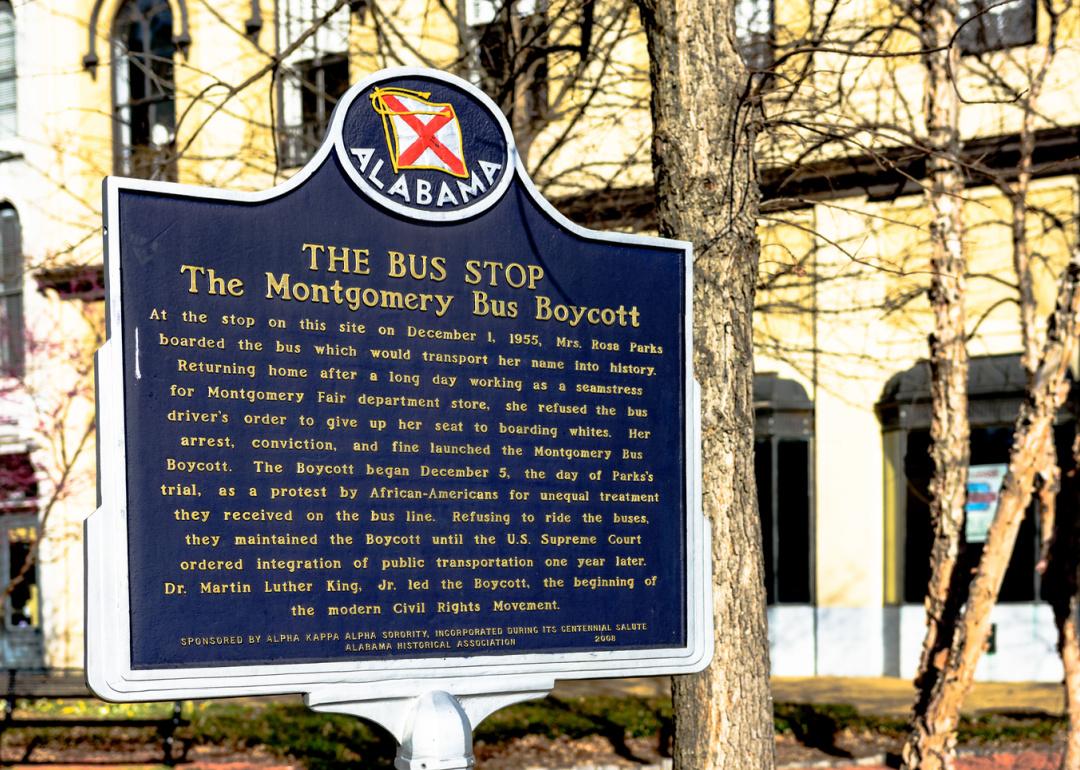
Early Latino lawmakers blaze a trail: A major civil rights moment in New Mexico
Early Latino lawmakers blaze a trail: A major civil rights moment in New Mexico
A land of contradictions from the outset, the United States was founded by slave owners who spoke passionately and eloquently about liberty, freedom, and justice for all. In the beginning, "all" was limited to men of European ancestry who were wealthy enough to own land. The Constitution's protections did not apply to most of the people living in America for most of America's history—at least not in full.
Women—about 50% of the population—were not included in the country's concept of "all," likewise millions of slaves—and for a long time, their offspring. Native Americans, the descendants of the original inhabitants of the United States, were commonly excluded from the promise of America, as were many immigrants, ethnic groups, and religious minorities.
Despite all the work that remains to be done, all of those groups and many others now enjoy freedoms that had to be won—won through the courts, through the court of public opinion, through mass demonstrations, through legislation, through boycotts, and in many cases, through martyrdom.
Fighting to expand the definition of "all" requires powerless people to challenge the power structures that benefit from keeping certain people locked in their status as second-class citizens. They often do it at great risk to their jobs, their reputations, their homes, and in many cases, their lives. Even so, brave advocates and activists fought the good fight in every state in America. Each state has a unique story to tell about the epic struggles for civil rights that were waged there, as well as those that continue to be waged. The following is a tiny sliver of their collective efforts.
Using a variety of sources, Stacker identified a defining moment for civil rights in all 50 states. They stand out for different reasons and led to changes that lifted different groups, but they all prove how much can be achieved—and how much still remains to be accomplished.
Keep reading to find out your state's contribution to civil rights.
New Mexico: Early Latino lawmakers blaze a trail
New Mexico's Octaviano Larrazolo became the first Latino U.S. Senator in 1928, but 16 years later, a different New Mexico lawmaker, Sen. Dennis Chávez, introduced the Fair Employment Practices Bill in 1944. The first of its kind in the U.S., it would have banned discrimination based on factors like country of origin and race. The bill failed but stands as a primary prototype for the 1964 Civil Rights Act two decades later.
Click here to see an event from every state or continue reading for other events near New Mexico.
Arizona: Arizonans refuse to show their papers
In 2010, Arizona passed the most restrictive, most sweeping, and—in the eyes of its detractors—most racist immigration law in America. Among other things, SB1070 required immigrants to carry federal registration papers at all times and allowed law enforcement officers to demand to see the papers of anyone they suspected of being here illegally—with or without probable cause—and arrest them without a warrant. Known as the "papers, please" law, the moment triggered the creation of One Arizona's Resilience in the Desert movement, which fights for vulnerable Arizonans no matter their backgrounds.
Colorado: A cultural rainbow gets results
Colorado's sizable population of not only African-Americans but also Native Americans, Mexican Americans, Roman Catholics, and Jewish immigrants all faced discrimination through the first half of the 20th century. Alone, these disparate underclasses did not have enough leverage to demand change—so they joined forces. A multiracial, multiethnic civil rights coalition protested and petitioned until the state passed a series of sweeping civil rights laws in 1957 to protect vulnerable minority groups, outlaw discrimination in housing and employment, and repeal bans on interracial marriage.



